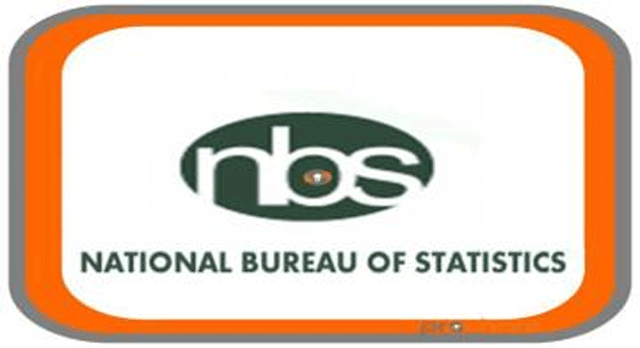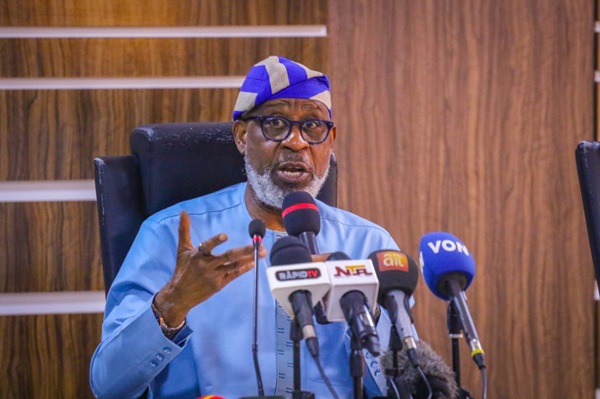Place your adverts here on InfoDig @ low rates; banner ads, sponsored links and guest articles etc. Contact us
The National Bureau of Statistics (NBS) on Tuesday said Nigeria’s capital importation stood at $2.60bn in the second quarter of 2024.
This was revealed in the capital Importation report, by the statistics hub, noting that the figure rose by 152.81 per cent on a year-on-year period against the $1.03bn recorded in Q2 2023.
However, it dropped by 22.85 per cent when compared to the $3.38bn recorded in the first quarter of 2024.
The NBS said, “In Q2 2024, total capital importation into Nigeria stood at $2.6bn, higher than $1.03bn recorded in Q2 2023, indicating an increase of 152.81 per cent.
In comparison to the preceding quarter, capital importation declined by 22.85 per cent from $3.37bn in Q1 2024.”
The NBS highlighted that the capital sources emerged from the United Kingdom with investments totaling $1.12bn or 43.01 per cent of the overall capital importation and the largest contributor.
It also noted that the Netherlands was the second-largest contributor with $577.82m, while the Republic of South Africa ranked third with $255.98m.
Subsequently, the report disclosed that Portfolio investments (which involve foreign investors injecting capital into Nigeria’s stocks, and bonds, amongst other financial bodies) contributed 53.93 per cent of the total inflows in the period under review with the sum of $1.40bn.
In contrast, investment from loans, trade credits, and other forms of debt financing, accounted for $1.17bn inflows.
The report noted that Foreign Direct Investment (FDI), rose marginally by 1.15 per cent to $29.83m while the banking sector received the highest capital inflow of $1.12bn.
Further breakdown of the report said the production and manufacturing sector attracted $624.71m, which suggests a positive outlook for industrial activities.
Lagos State led on the geographical basis with investment inflow of $1.37bn, which was followed by $1.24bn in capital inflows.
However, Ekiti State recorded minimal capital inflows, with just $0.0003m in Q2, 2014.
Among banks, Citibank Nigeria Limited led the charge, receiving $818.46m, equivalent to 31.43 per cent of total inflows.
Standard Chartered Bank Nigeria Limited followed with $654.79m (25.14 per cent), while Rand Merchant Bank Plc garnered $488.59m (18.76 per cent).
















 English (US) ·
English (US) ·